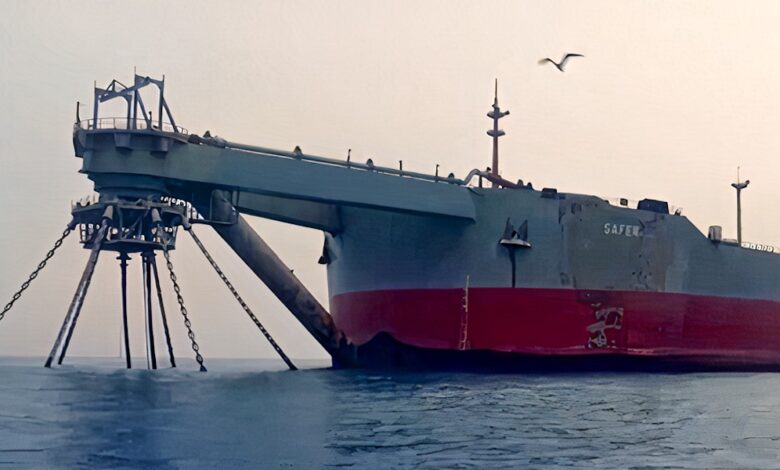
UN buys Euronav VLCC as operation to move oil from decaying FSO gets moving
The United Nations Development Programme (UNDP) has found a solution of sorts to a pressing environmental concern off the coast of Yemen. The UN body yesterday signed an agreement with Euronav, paying $55m for a VLCC as part of a UN-coordinated operation to remove more than one million barrels of oil from a decaying FSO that threatens a humanitarian and environmental catastrophe.
The FSO Safer has not been maintained since 2015 because of the conflict in Yemen. It has decayed to the point where there is an imminent risk it could explode or break apart, which would have disastrous effects on the region.
A major spill would devastate fishing communities on Yemen’s Red Sea coast, likely wiping out 200,000 livelihoods instantly.
It would also result in the closure of the ports of Hodeidah and Saleef – which are essential to bring food, fuel and lifesaving supplies into Yemen. Desalination plants would close, cutting off a water source for millions of people. Oil from the Safer could reach the African coast and affect any country on the Red Sea. The environmental impact on coral reefs life-supporting mangroves and other marine life would be severe. Fish stocks would take 25 years to recover.
The ageing Euronav vessel to replace the FSO Safer is now in drydock for modifications and regular maintenance before sailing to the FSO Safer, currently moored about 9 km off Yemen’s Ras Issa peninsula. It is expected to arrive in early May for the operation with alvage company SMIT appointed to safely remove the oil and prepare the FSO Safer for towing to a recycling yard.
While the project to remove the oil has received significant international support, spiraling costs mostly related to the war in Ukraine that triggered a significant price increase in the market for suitable vessels to undertake the operation mean more money is still needed to complete the emergency phase of the plan. As of March 7, the UN has raised $95m, of which $75m has been received. The total budget for the emergency phase of the project is $129m.
To fill the budget gap, the UN is re-launching a crowdfunding appeal.